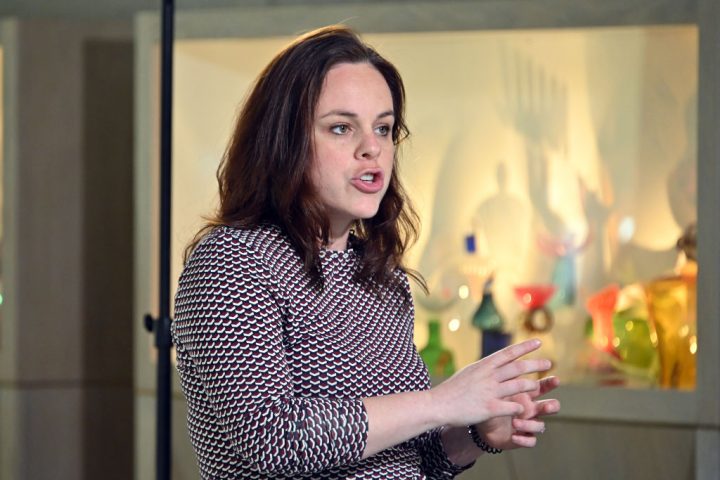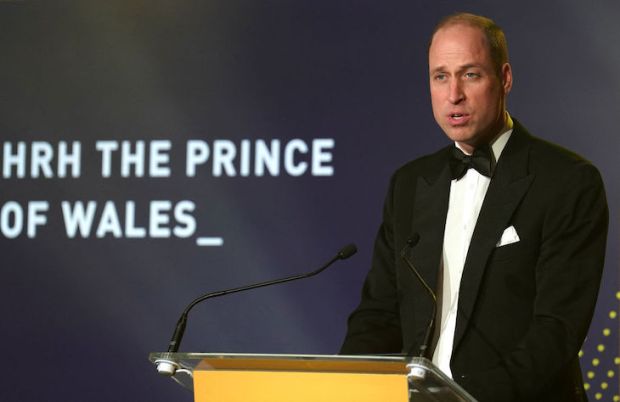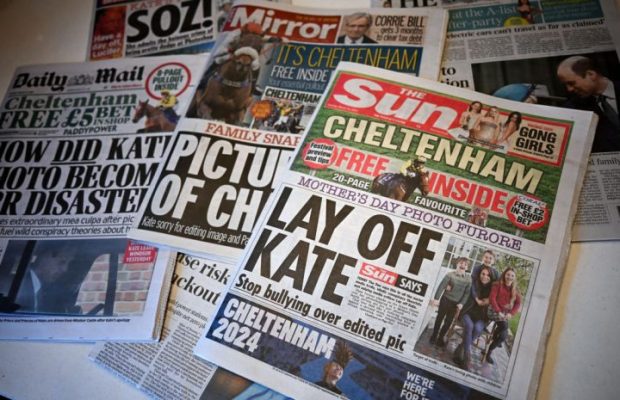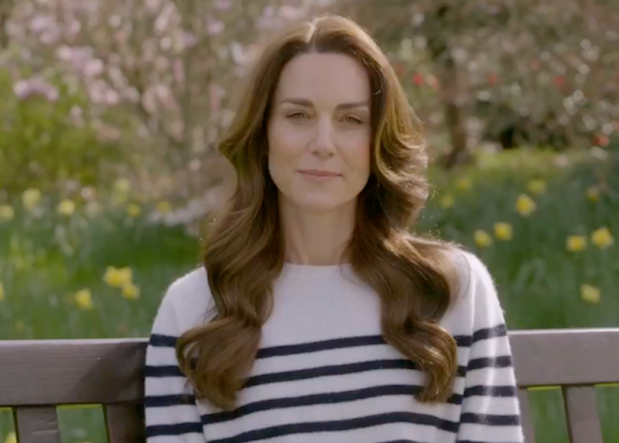Watching Kate Forbes this week struggle to reconcile her social conservatism with her ambition to be First Minister of Scotland has been excruciating. But it has also deflected attention away from another important aspect of her politics: her economic conservatism. As well as sitting on the right on issues such as gay marriage, Forbes also gives every indication of being a fiscal conservative who is comfortable with austerity.
Exhibit one is her role sitting on the SNP’s 2018 Sustainable Growth Commission. The Commission’s report was pitched as a realistic roadmap to independence. Unlike the land-of-milk-and-honey narrative that was sold to Scots in 2014, this group would face economic reality square in the face. Unicorns would be slain, and Alex Salmond’s fiscal fantasies of billions of pounds in oil revenues pouring into a new Scottish treasury would be replaced with blunt realism.
Forbes also gives every indication of being a fiscal conservative who is comfortable with austerity
At least, that was the intention. The outcome was another unrealistic plan for cutting Scotland away from the economic base it has been an integral part of since before the industrial revolution. However, in attempting to give the pretence of a convincing separation scenario, there was one area in which the Commission moved the dial enough in the direction of realism to give a flavour of the inevitable austerity that would come with secession.
One of the recommendations of the Commission’s report was for total public expenditure (excluding debt interest) to increase by 1 per cent less per year than GDP for the first decade of independence. With assumed real GDP growth of 1.5 per cent per year, that meant holding down real growth in spending on public services and benefits to 0.5 per cent per year.
As the Institute for Fiscal Studies (IFS) noted, this approach would see spending on public services and benefits fall by about 4 per cent of GDP over a decade. The SNP and the Commission furiously tried to spin this as not amounting to austerity, as public spending would be increasing in real terms (this was, of course, before the return of high inflation we’ve seen recently). However, the think-tank was clear that it did amount to austerity. The IFS said:
‘An independent Scotland would face further austerity under the SNP Sustainable Growth Commission’s plans.’
The Growth Commission came under intense attack from left-wing secessionists, who viewed its recommendations as a neoliberal plan for social injustice. Hard-left pro-independence think-tank Common Weal described it as shifting the Scottish economy to the right, and that it will ‘create austerity’ and be ‘subservient to UK’.
Forbes vigorously defended the Commission and its report.
Another signal of Forbes’ embrace of fiscal conservatism is the scepticism of central bank quantitative easing (QE) she has hinted at. QE has been a crucial element of monetary policy in advanced economies over the last 10 years, helping to facilitate massive borrowing programmes during times of crisis, most obviously through the pandemic.
The Growth Commission proposed a currency arrangement known as ‘sterlingisation’, which would mean unofficially continuing to use sterling outside of any formal monetary union with the rest of the UK. One important consequence of this set up is an independent Scotland not benefiting from QE in times of emergency. If Scotland had been using the Growth Commission’s preferred currency arrangement when Covid hit, it could well have found itself going begging to the International Monetary Fund (IMF) to finance a bailout.
Forbes’ distrust of QE might stem from the straight-forward political position of needing to defend a currency plan she has put her name to. On the other hand, it could relate to a deeper, conservative belief system to do with not living beyond your means and the penance of belt tightening in response to profligacy. That type of fiscal traditionalism is in line with the views of old-school Westminster Tories. It would be interesting to know if Forbes really is that sort of fiscal conservative, or if her doubts about QE are merely skin deep.
We could speculate on there being a link between Forbes’ social conservatism and her economic conservatism, but with the way her campaign is going it could turn out to be an academic effort. It seems she could crash out of the contest any day.
At time of writing, she seems determined to tough it out, and, who knows, maybe she’ll turn it around. But with each hour that passes, and each new car crash interview that emerges, it seems more and more unlikely.
Her weakness appears to be her honesty. Whereas previous SNP leaders could have been accused of being neoliberals in progressive clothing, Forbes seems happy to embrace her economic conservatism in much the same way she has not shied away from her social conservatism.
If she does become first minister, Forbes will enter office with a Bible in one hand and a copy of Hayek’s The Road to Serfdom in the other. It will be quite the change.
Got something to add? Join the discussion and comment below.
Get 10 issues for just $10
Subscribe to The Spectator Australia today for the next 10 magazine issues, plus full online access, for just $10.




















Comments
Don't miss out
Join the conversation with other Spectator Australia readers. Subscribe to leave a comment.
SUBSCRIBEAlready a subscriber? Log in